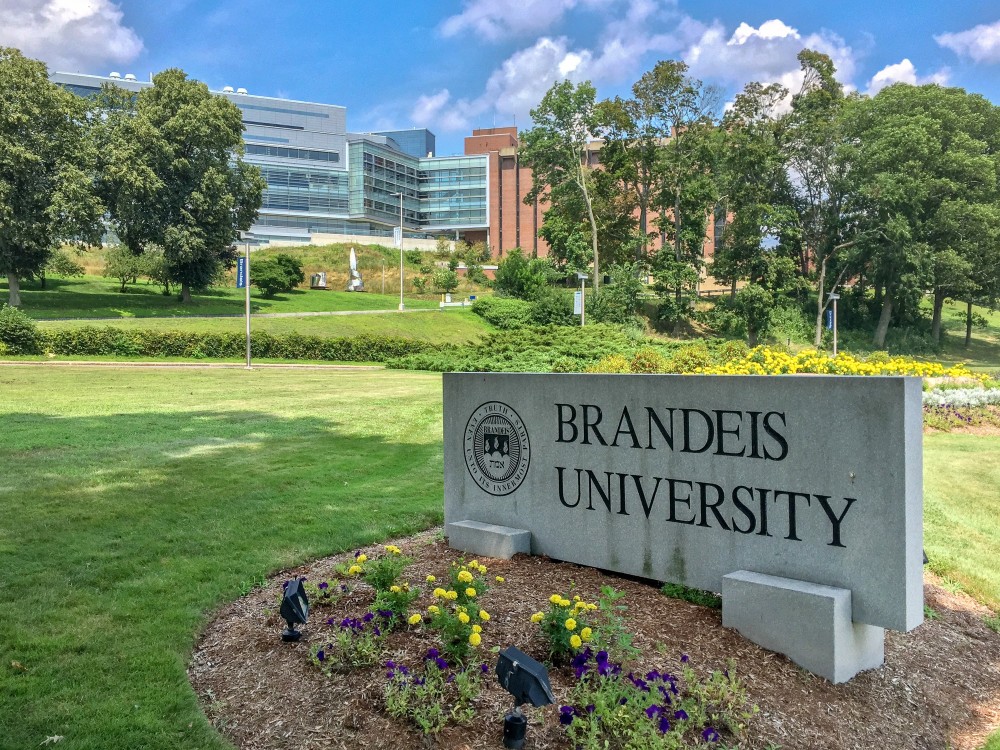Some Hindus question anti-caste policy at Brandeis University

Last December, when Brandeis University announced a first-of-its-kind policy banning discrimination based on caste, administrators hoped other institutions would follow suit and adopt similar policies of their own.
But nearly a year later, the policy has not caught on. Instead, it’s drawing fire from Hindus who say it’s fraught with anti-Hindu bias, along with the risk of inept and unfair enforcement.
Though caste-based discrimination goes largely unnoticed in Western societies, South Asian immigrants of low-caste and sub-caste status say they routinely encounter it, according to Dalit activists. Dalits, or “untouchables,” rank lowest in Hinduism’s caste system.





